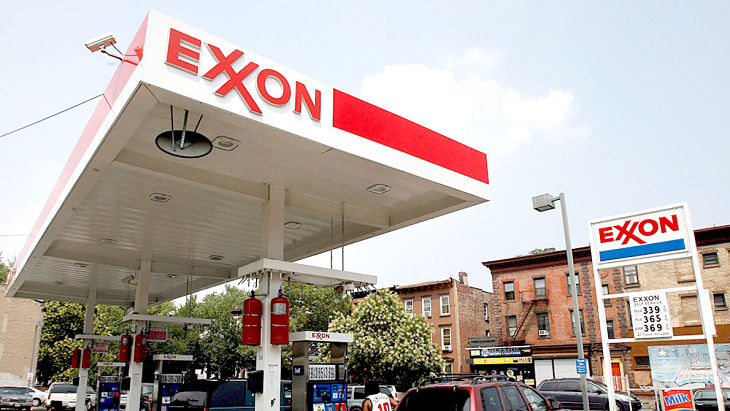“If European oil majors need $50-60 per barrel oil to generate enough free cash flow to maintain dividends, then they seem to be at a cost disadvantage compared to American producers. Bloomberg reports that oil prices would have to fall to $30 per barrel or less to hurt the finances of some U.S. shale producers because many of them are well-hedged against potential negative oil price shocks for the next several years,” according to Investopedia.
The $956.1 million IXC devotes over 56% of its weight to U.S. oil stocks, but European oil majors are important drivers of the ETF’s returns. For example, Royal Dutch Shell (NYSE: RDS-A), BP Plc (NYSE: BP) and France’s Total (NYSE: TOT), Europe’s three largest oil companies by market value, combine for almost 20% of IXC’s weight.
Interestingly, European oil majors are pricey relative to U.S. equivalents such as Exxon Mobil (NYSE: XOM) and Chevron (NYSE: CVX).
“Looking at valuations of the European companies compared to some large U.S. peers on a 2017 price-to-earnings (P/E) ratio basis shows that the Europeans are trading at much lower multiples. On average the European companies trade with a 2017 P/E of 14.6 compared to an average figure of more than twice that for the U.S. based producers,” according to Investopedia.
For more information on the oil market, visit our oil category.
